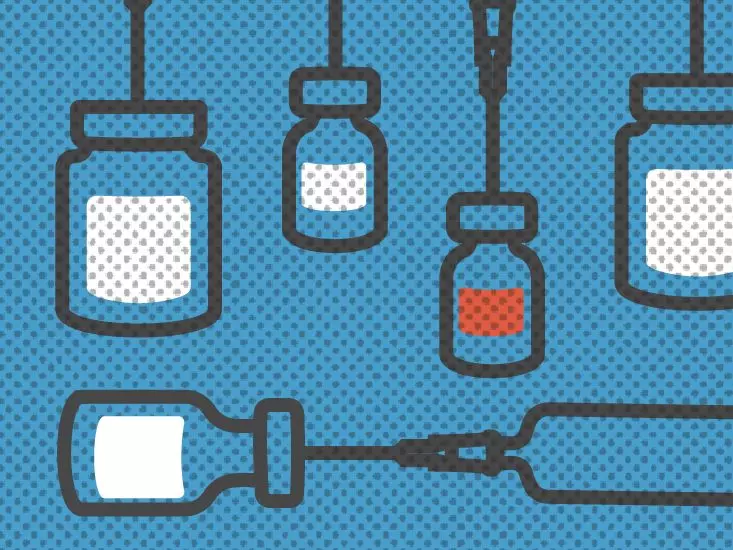In the landscape of pharmaceutical treatments, boxed warnings serve as critical alerts to both healthcare providers and patients about potentially severe consequences associated with certain medications. Invega Hafyera, an antipsychotic medication, bears a boxed warning that specifically addresses elevated risks linked to its use in elderly patients suffering from dementia-related psychosis. The U.S. Food and Drug Administration (FDA) issues these warnings to ensure that the potential dangers of a medication are not merely overlooked.
While clinical trials did not explicitly report a heightened mortality risk among older adults with dementia-related psychosis treated with Invega Hafyera, the broader class of antipsychotic medications is generally associated with such risks. Dementia—a condition marked by memory deterioration, cognitive decline, and communication difficulties—when compounded with psychosis, can lead to far-reaching consequences if not managed with careful consideration.
One of the crucial risks that arise from prescribing antipsychotic drugs to older adults is the potential for stroke. The symptoms of a stroke—ranging from confusion and severe headache to facial weakness—must be recognized and acted upon immediately. Delays in seeking medical assistance can result in severe health impacts or even death. For this reason, the suggestion is clear: rapid response is key. Patients and caregivers should be educated on the warning signs of a stroke, particularly in individuals who have recently started treatment with Invega Hafyera.
Healthcare professionals are urged to consider alternative therapeutic options before prescribing Invega Hafyera to older patients with dementia-related psychosis. The delicate interplay between the condition and the treatment must be assessed critically to avert health crises that may arise from drug administration.
Prior to initiating treatment with Invega Hafyera, a comprehensive review of the patient’s medical history is essential. Certain health conditions or risk factors may deem this medication inappropriate for some patients. Individuals must engage in detailed discussions with their healthcare providers to address any existing medical issues or concerns that could influence the safety and effectiveness of the treatment.
Communication is paramount in healthcare. Conversations between patients and doctors should encompass not just current health states but also any past medical interventions and responses. Each patient’s unique health profile can profoundly affect how they respond to medications like Invega Hafyera.
It is paramount to recognize that while Invega Hafyera may offer therapeutic benefits, it is not without its share of adverse effects and potential dangers. As with any treatment, thorough discussions about the individual’s health history, the risks entailed, and the nature of their condition should always precede medication administration.
Medical recommendations should never be taken lightly, and any information gleaned about potential side effects or cautions should be approached with an understanding that it is intended to guide treatment choices rather than substitute for professional medical advice. Continuous dialogue with healthcare professionals ensures that patients are adequately informed and monitored throughout their course of treatment with Invega Hafyera. Always prioritize safety and well-being in the pursuit of effective mental health treatment.

